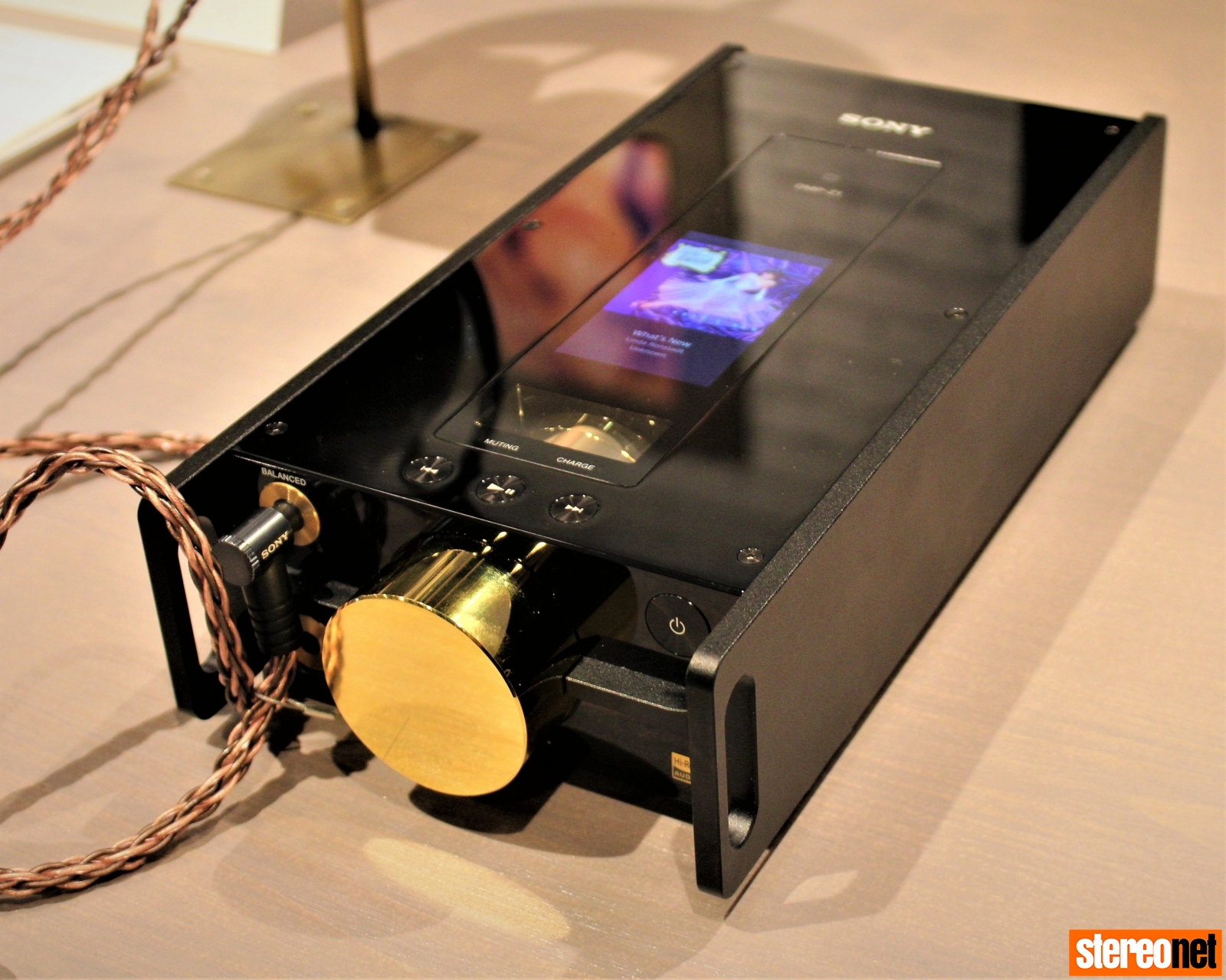Sure your are absolutely right ! I will refrain from any further post where the word science is mentioned as obviously I don't know anything about and read with great attention the posts of more knowledgeable persons

good continuation to you Sir and i hope you can enlighten me from time to time by your sharing.
While Bigshot may be a bit brusque and off-putting, at the same time, he isn't wrong.
If we consider
nothing else but sound quality, blind testing is by far the fairest way to go. Now, of course, true blind testing on headphones is next to impossible (as you can feel which one's which, and controlling volume is trickier), but for amps, DAPs and whatnot? Fairly easily done, provided you have the tools. Now, double blind? No way in hell would I ever have the rigour for that.
Problem with fighting against science is that you literally cannot win - the minute it's wrong, it's immediately self-correcting to the newly-found knowledge. Thus why, when you make an extraordinary claim, people (especially bigshot here) are going to hone in on what you just said and scrutinise. Don't take it personally - it's the way the world works.
You may be right but I find it entertaining that this type of assumption is generally done by people who by definition do not think there is any need or benefit for them to experiment first hand on a long term basis to support their claim because science is science and there is no argument about what science should or should not be. Indeed science only reflects the state of understanding of human beings at a given time and this always evolves and that's lucky for otherwise we could not communicate on this forum and you would not have any DAP to talk about in the first place. One day perhaps science will allow people to explain and cure 100% of tinnitus cases. Until then I would refrain to be too categorical on what can people hear and for which reason and will continue to base some choice on my own experience and perceptions like we all do whether or not the idea is pleasing from a scientific perspective. In my view there is an audible difference in sound results between cables and DAPs. I am not claiming I can explain it and as I said there could be part of placebo effect but simply less likely when performing blind test and I am just noticing it. I would certainly not recommend any one who is convinced that there cannot be any difference to spend money on something more expensive for that reason.
Disagree - flipping the switch to get input A vs input B is by far the easiest way to detect differences.
Also, there is a difference in cables and DAPs, simply by being not identical. However, the audibility differences can usually be explained easily:
* deficient or purposeful engineering. The Etymotics BA drivers all actually sound the same, but due to the cable, have different tonality. On the other hand, you have the Fidelio X2 which sounds different when you use an aftermarket cable because the factory one has high impedance and reactance for whatever reason.
* insufficient power. Think I've talked to death about this one already.
The ones that are a bit harder to get away with are the 'bigger soundstage' stuff: that stuff never made any sense to me. Between headphones, sure (please don't jump on the semantics on this Bigshot!). Between DAPs/amps/DACs? Nah, unless magical DSP comes rolling in.








